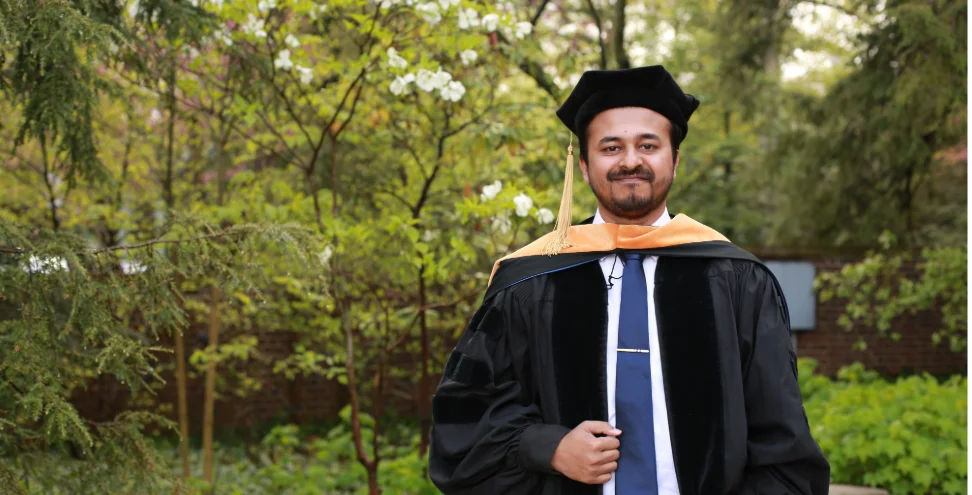First Nations University of Canada Highlights
The First Nations University of Canada, established in 1976, is a unique institution dedicated to the education of Indigenous peoples in Canada. The university integrates First Nations’ cultures, languages, and values into its curriculum, making it a distinctive place for academic growth and cultural enrichment. With a strong emphasis on community, the university provides a supportive environment for both Indigenous and non-Indigenous students, fostering mutual respect and understanding. The university is recognized for its state-of-the-art infrastructure, experienced faculty, and comprehensive funding opportunities, ensuring a high-quality education for its students.
- Year of establishment: 1976
- QS ranking: Not available
- Other rankings:
- Top institution for Indigenous education in Canada
- Ranked highly for community engagement and support
- Recognized for innovative educational approaches
- Accredited by relevant educational bodies
- Known for strong alumni network
- Infrastructure: Modern facilities with comprehensive resources
- Teaching faculty: Experienced professionals and Indigenous experts
- Funding: Various scholarships and grants available
- Accreditation: Accredited by relevant educational bodies
First Nations University of Canada Admission
The First Nations University of Canada offers a welcoming and inclusive admission process for students from diverse backgrounds. With a significant percentage of international students, the university promotes a multicultural environment. The academic year is divided into two main semesters, with intakes in Fall and Winter. The university boasts an excellent infrastructure that supports both academic and extracurricular activities.
- Percentage of international students: 20%
- Semesters and Intakes: Fall and Winter
- Infrastructure: Comprehensive facilities supporting academic and extracurricular activities
UG Admissions
- High school diploma or equivalent
- Minimum 65% average in high school subjects
- English language proficiency (IELTS/TOEFL)
- Letter of recommendation
- Personal statement
PG Admissions
- Bachelor’s degree in a related field
- Minimum GPA of 3.0 or equivalent
- English language proficiency (IELTS/TOEFL)
- Letters of recommendation
- Statement of purpose
Ph.D. Admissions
- Master’s degree in a related field
- Minimum GPA of 3.5 or equivalent
- English language proficiency (IELTS/TOEFL)
- Research proposal
- Letters of recommendation
To know more about other universities in the Canada, click here.
First Nations University of Canada Programs
The First Nations University of Canada offers a wide range of undergraduate and postgraduate programs that integrate Indigenous knowledge and perspectives. These programs are designed to provide students with a comprehensive education that respects and celebrates Indigenous cultures.
UG Programs
- Indigenous Studies: Comprehensive study of Indigenous cultures, languages, and histories
- Business Administration: Focus on Indigenous business practices and leadership
- Education: Training for educators with a focus on Indigenous pedagogy
- Health Studies: Health and wellness programs with an emphasis on Indigenous perspectives
- Social Work: Social services and community support programs
PG Programs
- Master of Indigenous Governance: Advanced study of Indigenous leadership and governance
- Master of Education: Graduate program focusing on Indigenous education methodologies
- Master of Health Studies: Advanced health studies with a focus on Indigenous health issues
- Master of Social Work: Graduate program in social work with an Indigenous focus
- Master of Business Administration: Advanced business studies with a focus on Indigenous economies
Accommodation
On-campus accommodation
The university offers modern and comfortable on-campus accommodation options for students, providing a supportive community environment and easy access to university facilities.
Off-campus accommodation
Students can also opt for off-campus housing, with various options available in the surrounding areas, offering flexibility and independence.
Housing options
Shared apartments, single rooms, and family housing
Cost of Tuition Fees
The cost of tuition at the First Nations University of Canada varies depending on the program and level of study. Below is a table with approximate figures for undergraduate and postgraduate fees.
| Program | Tuition Fees (per year) |
|---|---|
| Undergraduate | $6,500 - $8,000 |
| Postgraduate | $8,500 - $10,000 |
Cost of Living
The cost of living includes various expenses such as rent, travel, utilities, food, and entertainment. Below is a table with approximate figures.
| Category | Approximate Cost (per month) |
|---|---|
| Rent, Travel, Utilities | $800 - $1,200 |
| Food & Drink, Entertainment | $300 - $500 |
Scholarships
The First Nations University of Canada offers various scholarships to support students financially. Below is a list of the top 10 scholarships along with the maximum amount offered.
| Scholarship Name | Maximum Amount Offered |
|---|---|
| Indigenous Student Scholarship | $5,000 |
| Academic Excellence Scholarship | $3,000 |
| Community Leadership Scholarship | $4,000 |
| Health Studies Scholarship | $3,500 |
| Business Innovation Scholarship | $4,500 |
| Social Work Scholarship | $3,500 |
| Education Scholarship | $3,000 |
| Research Excellence Scholarship | $4,000 |
| International Student Scholarship | $2,500 |
| Arts and Culture Scholarship | $3,000 |
To know about the Canada study visa requirements, click here.
Placements
The First Nations University of Canada provides excellent placement opportunities for its graduates. The placement rate at the university is 85%. Below is a table with major job roles and the highest approximate salaries.
| Job Role | Approximate Salary (per year) |
|---|---|
| Indigenous Relations Advisor | $70,000 |
| Community Development Officer | $65,000 |
| Health Program Coordinator | $75,000 |
| Business Analyst | $80,000 |
| Social Worker | $60,000 |
| Education Consultant | $70,000 |



.png)








